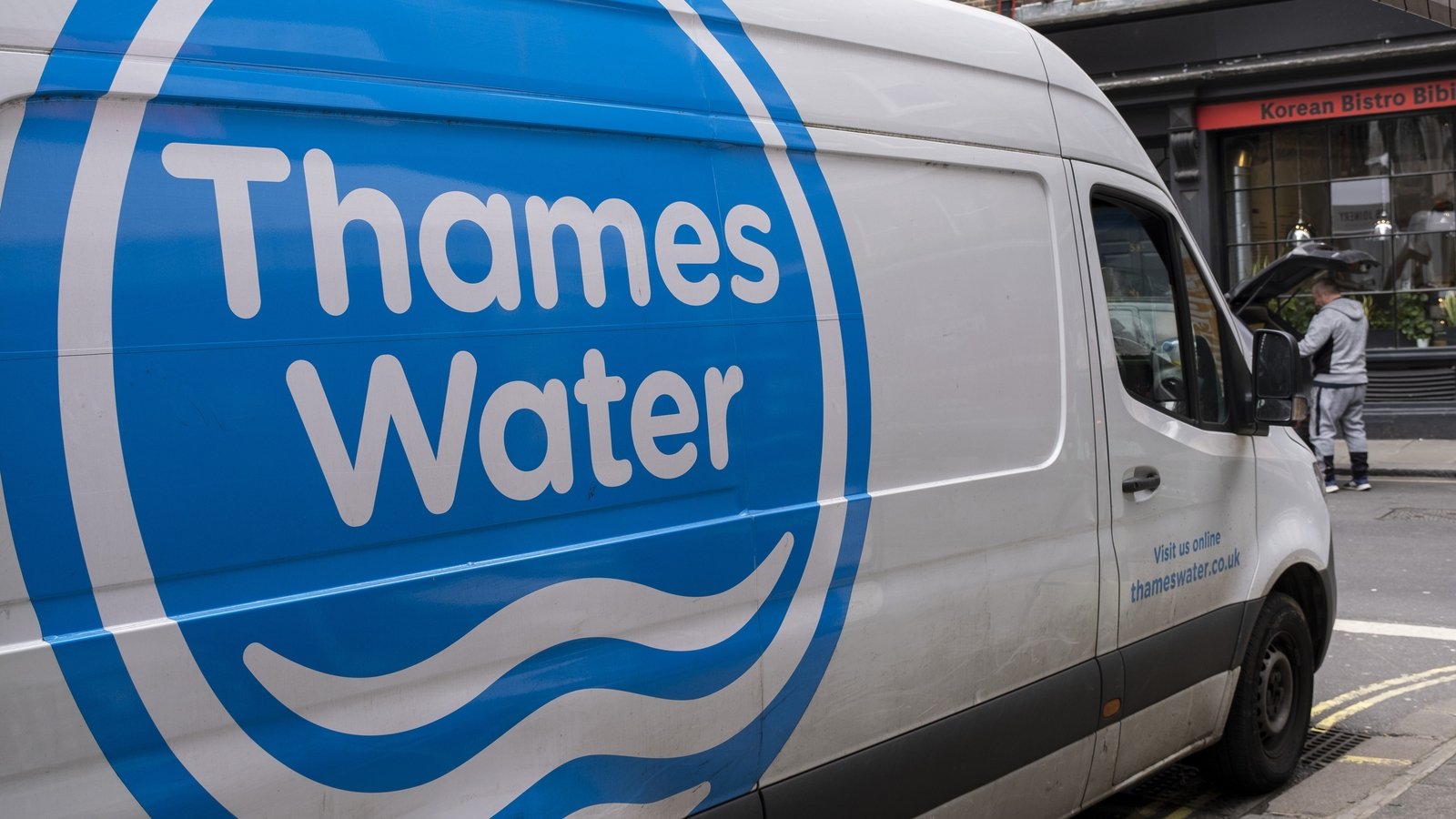Britain’s water regulator said it would allow bills to rise by just over a third in the next five years to fund a much higher level of investment than originally slated, with the aim of fixing the country’s broken water sector.
The average increase of 36% before inflation compares to the 44% average requested by companies and the 21% the regulator had guided to in July.
The UK government in October called on Ofwat to allow more investment to fix the privatised water sector after frequent sewage spills sparked intense anger and a debt crisis at Thames Water put the biggest supplier at risk of nationalisation.
Critics say the private owners are to blame for taking dividends out of the companies over the years while neglecting infrastructure, while the sector says Ofwat has prioritised lower bills for consumers, limiting investment.
Ofwat said the bill increases would lead to a £104 billion upgrade to cut sewage spills and invest in infrastructure. It said a claw back mechanism would mean any money not spent on investment would be returned to customers.
Under the final plan, none of the companies will receive bill rises as high as they had asked for.
Thames Water, which had argued for a 53% increase, will be allowed to hike bills by 35%. Southern Water which had demanded the highest increase, at 83%, will increase bills by 53%.
That rise could help boost stricken Thames Water’s chances of survival. The company is depending on a favourable settlement to help it attract over £3 billion of new equity.
But the increases will anger consumers, coming after several years of a cost of living crisis when households have had to contend with surging prices in energy and food.
Underscoring the increasing pressure on the companies, Ofwat also said it would fine Thames £18m after it paid two dividends to its parent company in 2023 and 2024, a breach of its obligations to link dividend payments to performance.

